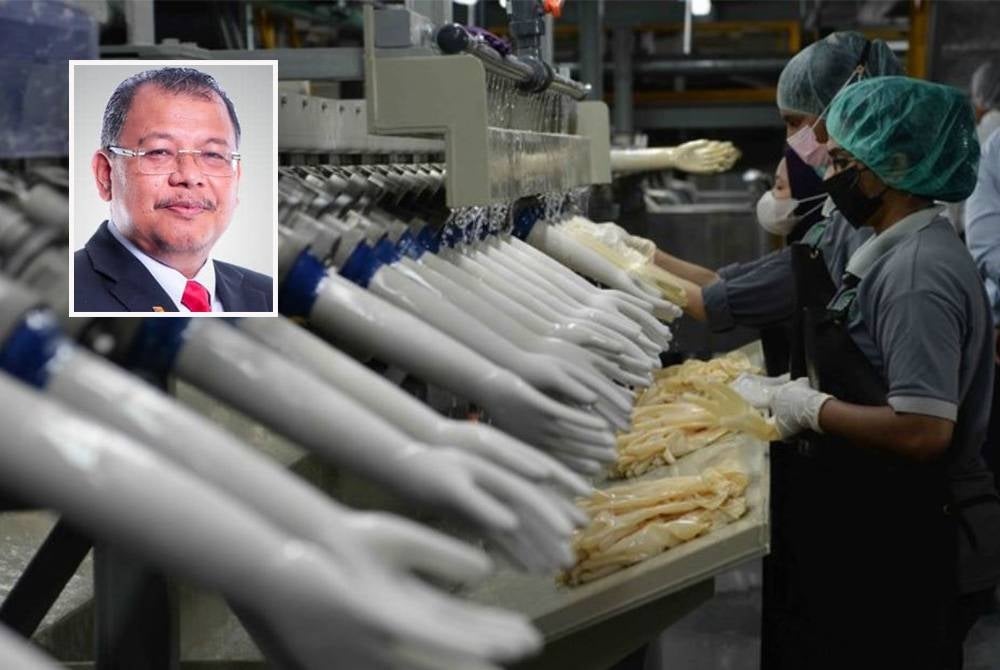Only 28 per cent of Malaysian workers skilled workers, others semi, low skilled workers

SHAH ALAM - Only 37.2 per cent of the national income goes to workers' earnings, with the remaining portion allocated to employers or capital owners, said economist Professor Tan Sri Dr Noor Azlan Ghazali.
He said this distribution differs from other developed countries like the US and the UK where workers earn 55 per cent and 53.4 per cent of the national income, respectively.
"The wage trend is currently in a worrisome state, characterised by stagnation. Even when there are increase in wages, the rate of increase remains slow.
"In 2010, the average wage rate for workers was RM1,500 and now it is RM2,250," he said on Facebook today.
He said even more concerning is that only 28 per cent of Malaysian workers are classified as skilled workers, while 60 percent are categorised as semi-skilled workers and 12 per cent fall into the low-skilled category.
He said Malaysia needs to increase the number of skilled workers in order to progress towards becoming a developed nation.
Furthermore, Azlan said during the Covid-19 pandemic, the unemployment rate reached its peak in May 2020 with a staggering 826,000 individuals unemployed.
This resulted in an overall unemployment rate of 5.3 percent.
"Currently (February, 2023) around 592,000 Malaysian are unemployed with the jobless rate droping to 3.5 per cent which is considered to have reached its full employment level," he said.
However, two significant employment challenges persist which are job quality and worker compensation.
"It is worth noting that these issues were already identified prior to the pandemic" he said.
Azlan said that these labour market challenges needs to be addressed for Malaysia to achieve a high-income developed country.
He further said that among the 16.2 million employed individuals, nearly 1.9 million workers fall into the category of 'underemployed by skill'. These are individuals with tertiary qualifications who are working in jobs that do not align with their qualifications.
In 2017, the figure stood at 1.3 million individuals falling into this category.
However, over the years, this number has been on the rise, indicating a persistent challenge where a growing portion of the workforce are not able to apply their education qualifications effectively in their respective fields.
"This growing trend must be addressed immediately. It is a loss to the country and workers when educational achievements are not fully utilised," he said.
Therefore, he said the Economy Minister Rafizi Ramli's effort to increase the income of Malaysians is the right move and truly welcomed.
He suggested to set clear goals, develop effective strategies, ensure proper implementation and regularly report on the progress made.
"Workers are the catalyst of Malaysia Madani. What does Malaysia Madani mean to workers? Welfare, Respect and Courtesy are among the 6 pillars of Malaysia Madani.
"Uplift workers with job enhancements and quality work rewards. This is Madani for workers," he said.














